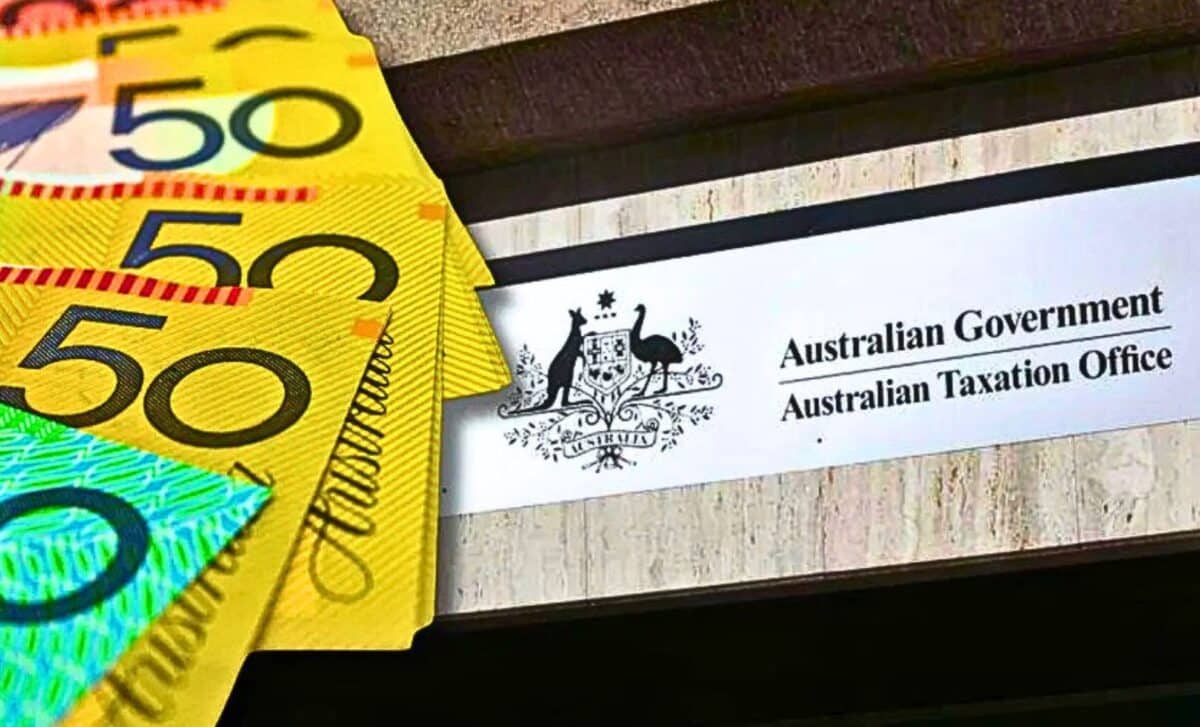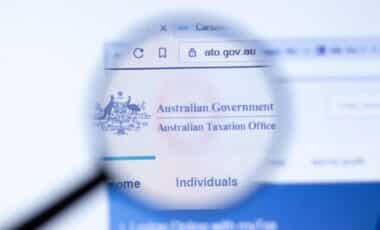A significant policy shift by the Australian Taxation Office (ATO) could lead to increased financial strain on Australians with overdue tax debts, prompting calls for a government rethink. Starting July 1, the general interest charge (GIC) and shortfall interest charge (SIC) will no longer be tax deductible, raising concerns from financial experts and business groups.
Implications of the New Policy
The changes, introduced in the 2023-24 Mid-Year Economic and Fiscal Outlook (MYEFO), aim to create a “level playing field” by ensuring taxpayers who pay on time are not disadvantaged. However, experts warn this could disproportionately impact small businesses and sole traders already grappling with high interest rates and inflation.
According to Jenny Wong, CPA Australia’s tax lead, the policy is both indiscriminate and punitive, particularly for those with cash flow challenges. Small businesses could face penalties of up to 25%, while sole traders on the highest marginal tax rate might see penalties as high as 47%.
Challenges for Small Businesses and Sole Traders
The general interest charge (GIC), applied to overdue tax debts, currently stands at 11.42%. Meanwhile, the shortfall interest charge (SIC), which applies to additional tax liabilities due to amendments, is at 7.42%. Under the new rules, neither charge will be deductible, adding further financial burden.
Wong criticized the policy as a blanket measure that unfairly penalizes struggling taxpayers, saying:
“You have to question if this really is about repaying outstanding tax debt, or just a penalty on taxpayers struggling to do the right thing.”
The CPA has urged the government to consider targeted measures focused on accounts with high levels of tax debt rather than a one-size-fits-all approach.
Revenue and Operational Challenges
The government anticipates the policy will generate an additional $500 million annually, helping to reduce collectible debt owed to the ATO. However, Wong noted the ATO’s operational inefficiencies and delays in handling GIC remission requests exacerbate the problem. Taxpayers often face uncertainty and inconsistent outcomes, making the denial of deductions even more burdensome.
CPA members argue that repayments should be encouraged through transparent measures, such as higher GIC/SIC margins, rather than what Wong described as “hidden costs realized through tax assessments.”
Taxpayer Advocacy and ATO Response
In recent weeks, the ATO has ramped up efforts to engage with taxpayers who have overdue returns, including making direct phone calls. An ATO spokesperson urged individuals to contact them early if facing challenges with lodgment:
“If you’re finding it hard to lodge on time, it’s important to engage with us as early as possible so we can work together to reduce the risk of a penalty being applied.”
The government’s decision to proceed with the changes despite these concerns underscores the balancing act between fiscal policy goals and the economic realities faced by taxpayers. For many, the key question remains whether this change serves as a fair mechanism for debt recovery or a punitive measure exacerbating financial challenges.









